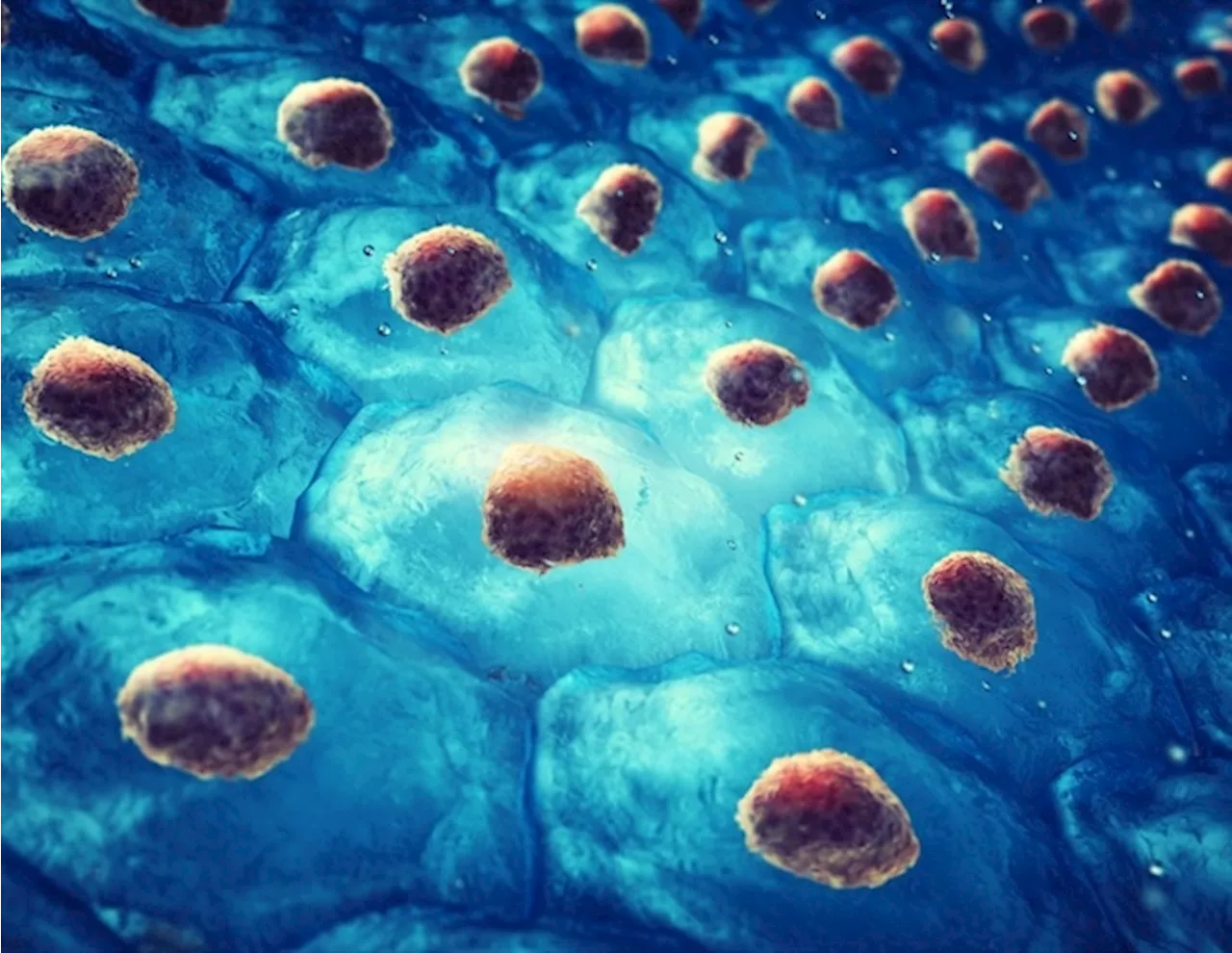Using stem cells generated from patients with a rare and severe form of autism spectrum disorder and intellectual disability, Scripps Research scientists have grown personalized 'mini-brains' (or organoids) to study the disorder in new detail.
Scripps Research InstituteOct 23 2024 Using stem cells generated from patients with a rare and severe form of autism spectrum disorder and intellectual disability, Scripps Research scientists have grown personalized "mini-brains" to study the disorder in new detail. The lab-grown organoids allowed the team to gain a new understanding of how one genetic mutation leads to autism spectrum disorder.
Lipton and his colleagues focused on MEF2C haploinsufficiency syndrome , a rare and severe form of ASD and intellectual disability caused by a genetic variation in the MEF2C gene.
In healthy human brains and brain organoids, neural stem cells develop into nerve cells , which send and receive messages throughout the brain, as well as into various types of glial cells, which are supportive cells recently shown to be important in signaling and in immune function. Healthy brains contain a balance of excitatory neurons that promote electrical signaling, and inhibitory neurons that block this signaling.
MicroRNAs are small RNA molecules that, rather than producing proteins themselves, bind to DNA to control gene expression. This month, two scientists won the 2024 Nobel Prize in Physiology or Medicine for their work describing the discovery of miRNA molecules and how they can impact cell development and behavior.
A potential treatment Since ASD is generally not diagnosed during fetal brain development, treatments that aim to alter initial development-;such as correction of a mutated gene or addition of miRNA molecules to stop the imbalance of cell types-;are not currently feasible. However, Lipton was already developing another drug that could help promote the balance between excitatory and inhibitory neurons, even after development.
Stem Cells Brain Cell Children Developmental Disorder Disability DNA Gene Genes Genetic Genomics Medicine Microrna Mutation Nerve Neural Stem Cells Neurodegeneration Neurons Organoids Psychiatry Research RNA
United States Latest News, United States Headlines
Similar News:You can also read news stories similar to this one that we have collected from other news sources.
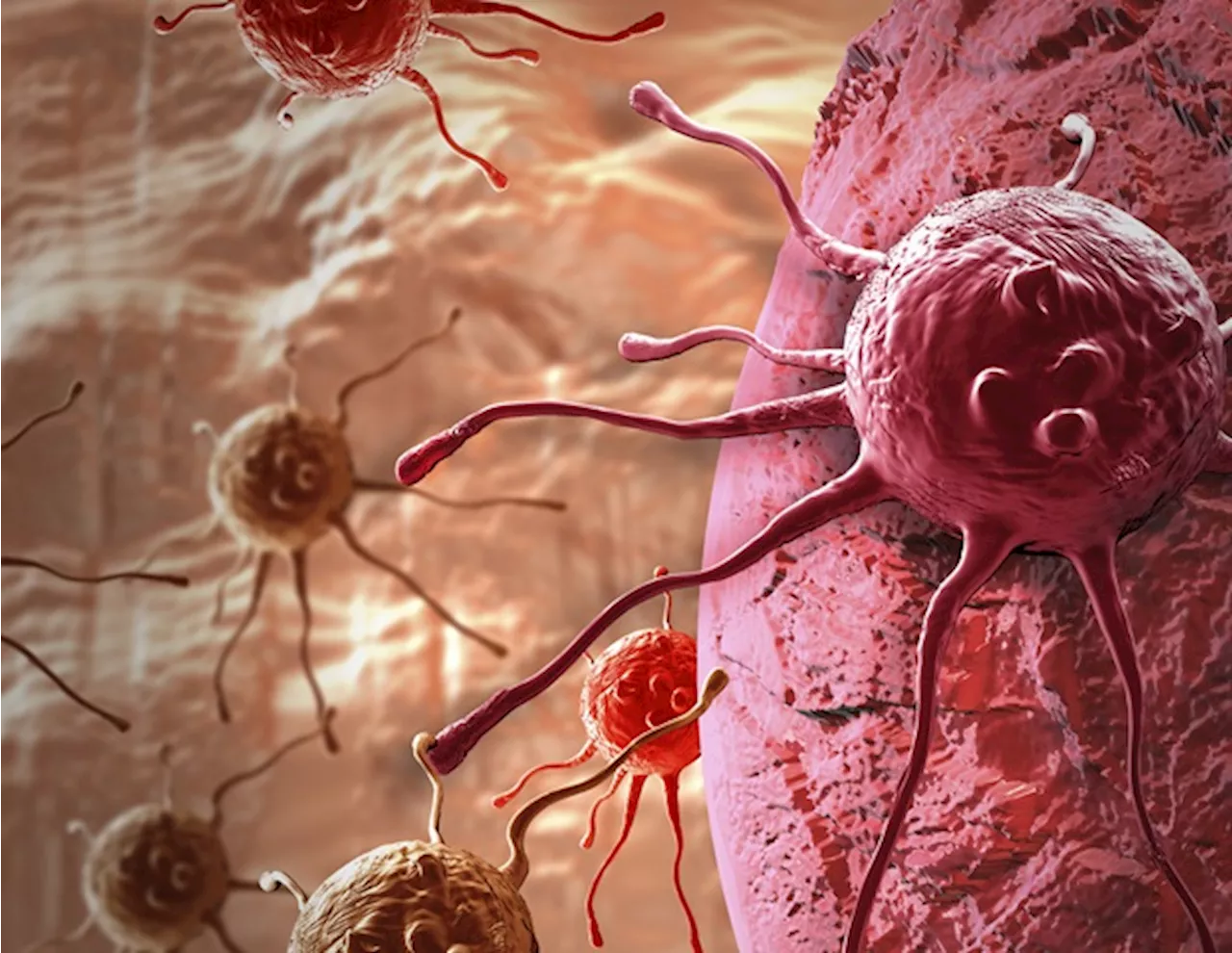 Scripps Research identifies binding site on challenging cancer proteinHormone-driven cancers, like those of the breast and prostate, often rely on a tricky-to-target protein called Forkhead box protein 1 (FOXA1). FOXA1 mutations can enable these types of cancers to grow and proliferate.
Scripps Research identifies binding site on challenging cancer proteinHormone-driven cancers, like those of the breast and prostate, often rely on a tricky-to-target protein called Forkhead box protein 1 (FOXA1). FOXA1 mutations can enable these types of cancers to grow and proliferate.
Read more »
 Intelligent chimp Jeje famous for using tools kills human baby ‘using jungle instruments’ after snatching i...Inside ‘hellhole’ zoo with monkeys chained by necks & deer knee-deep in filth
Intelligent chimp Jeje famous for using tools kills human baby ‘using jungle instruments’ after snatching i...Inside ‘hellhole’ zoo with monkeys chained by necks & deer knee-deep in filth
Read more »
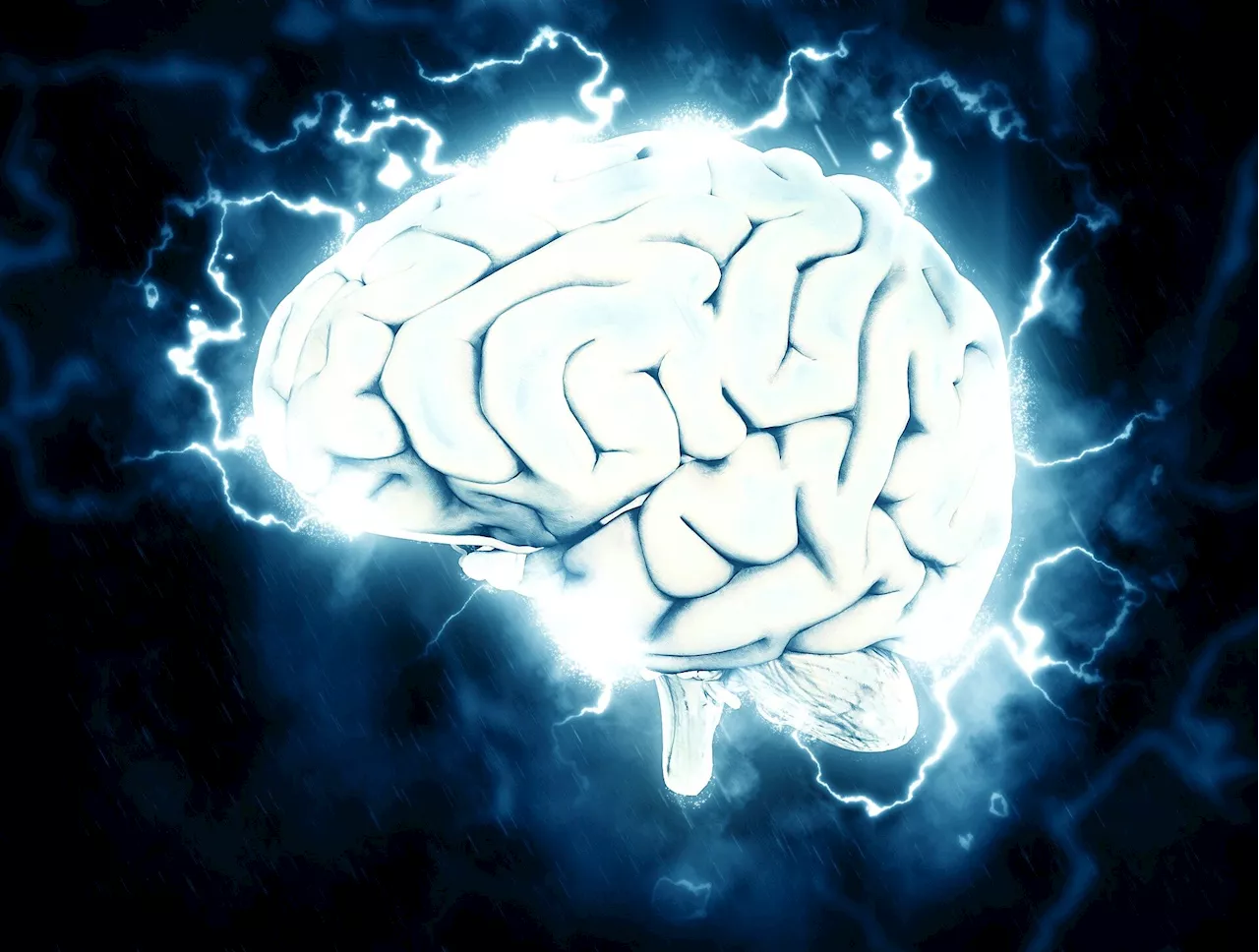 Study suggests using neurostimulation therapies on a specific brain circuit could treat PTSDA study led by researchers at Brigham and Women's Hospital evaluated 193 participants in the Vietnam Head Injury Study with penetrating traumatic brain injury. The team found those with damage connected to their amygdala, the fear center of the brain, were less likely to develop PTSD. Their results are published in Nature Neuroscience.
Study suggests using neurostimulation therapies on a specific brain circuit could treat PTSDA study led by researchers at Brigham and Women's Hospital evaluated 193 participants in the Vietnam Head Injury Study with penetrating traumatic brain injury. The team found those with damage connected to their amygdala, the fear center of the brain, were less likely to develop PTSD. Their results are published in Nature Neuroscience.
Read more »
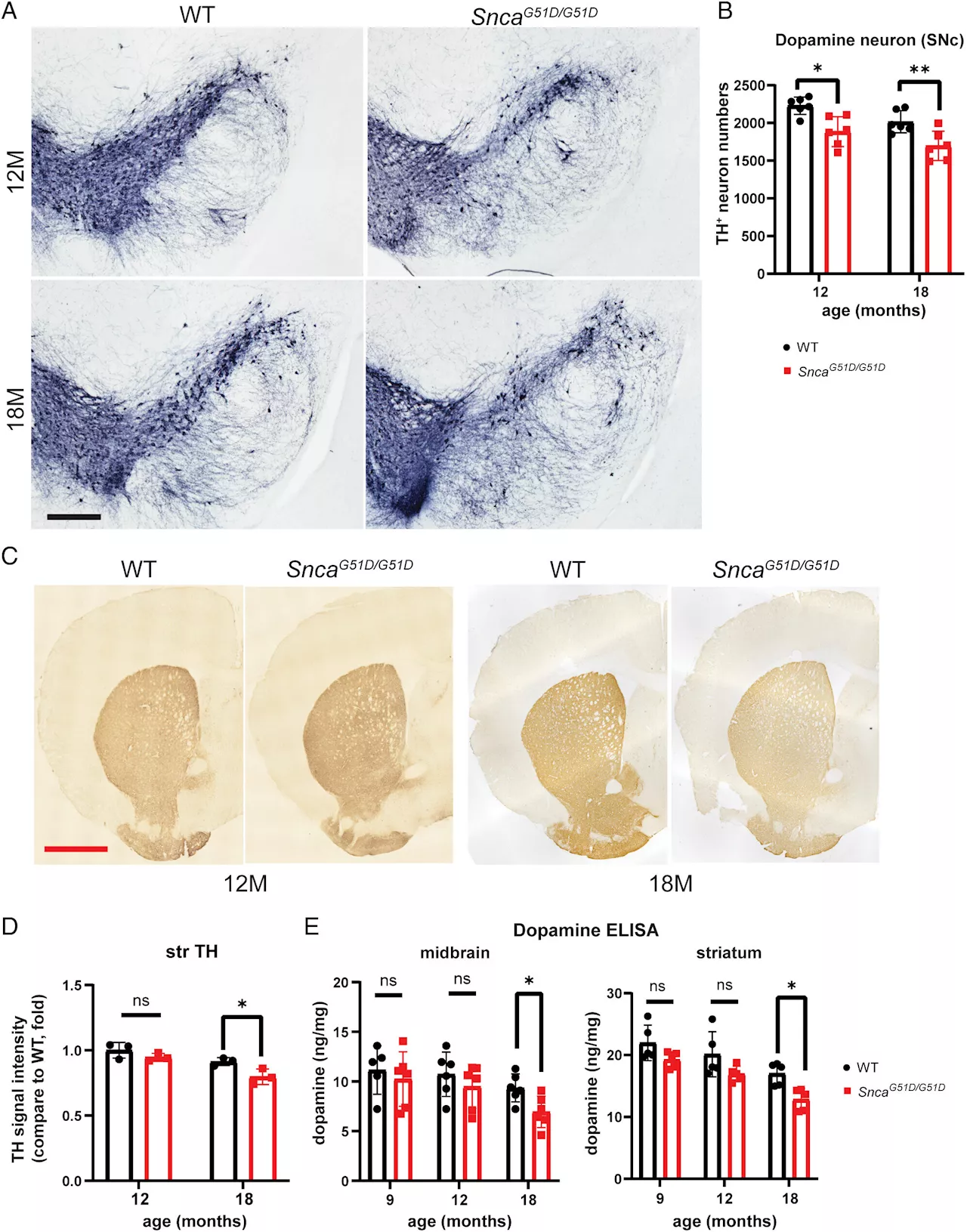 Researchers create mouse model to mimic Parkinson's diseaseResearchers at the Jan and Dan Duncan Neurological Research Institute (NRI) at Texas Children's Hospital and Baylor College of Medicine recently made an important advance in neurodegenerative disease research and modeling.
Researchers create mouse model to mimic Parkinson's diseaseResearchers at the Jan and Dan Duncan Neurological Research Institute (NRI) at Texas Children's Hospital and Baylor College of Medicine recently made an important advance in neurodegenerative disease research and modeling.
Read more »
 Researchers publish critical examination of new brain tumor drugTwo researchers from the Icahn School of Medicine at Mount Sinai recently published their critical evaluation of a new brain tumor medicine in the journal Nature Reviews Clinical Oncology.
Researchers publish critical examination of new brain tumor drugTwo researchers from the Icahn School of Medicine at Mount Sinai recently published their critical evaluation of a new brain tumor medicine in the journal Nature Reviews Clinical Oncology.
Read more »
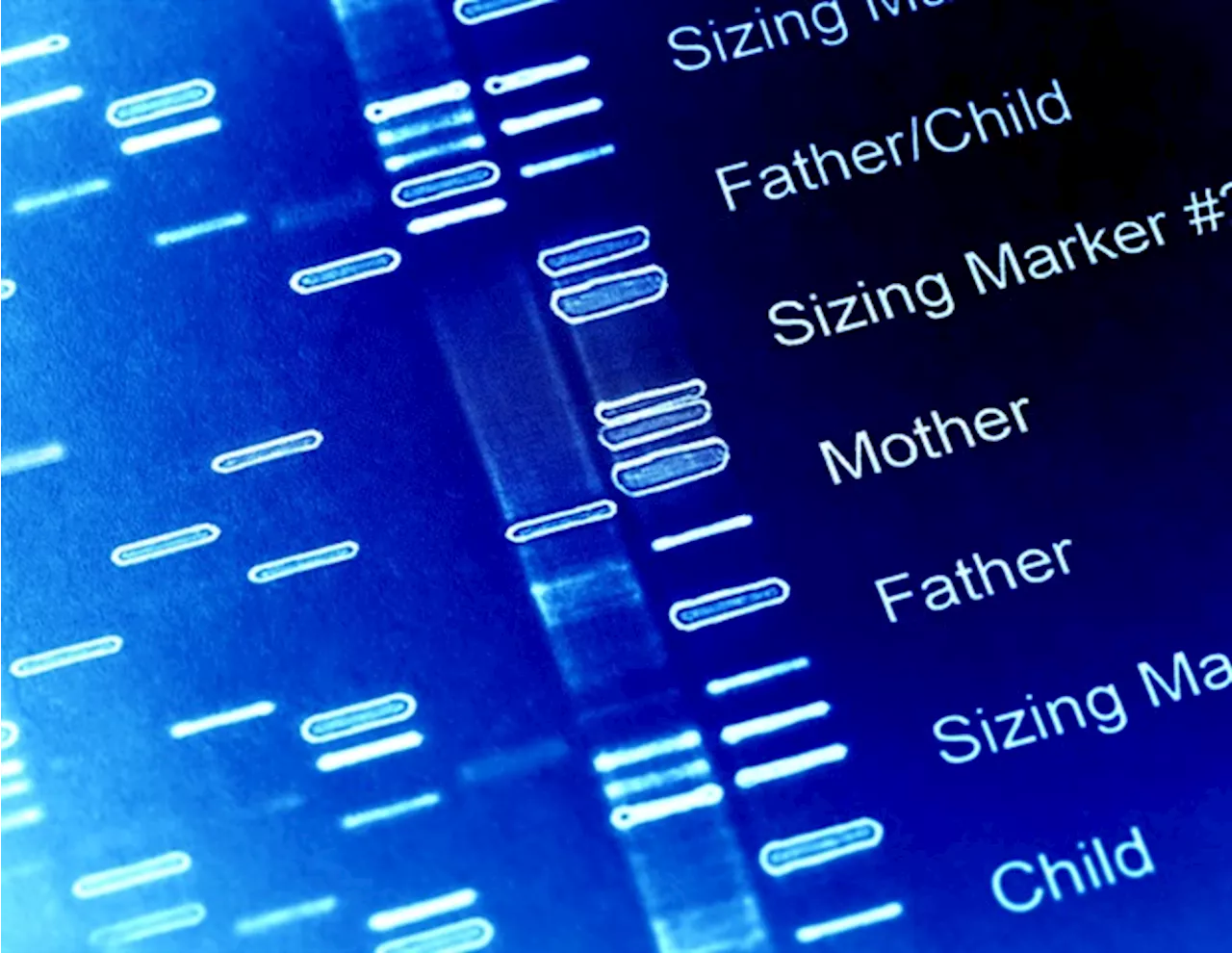 Researchers identify genetic links to brain volume and disordersIn one of the largest-ever studies of DNA and brain volume, researchers have identified 254 genetic variants that shape key structures in the 'deep brain,' including those that control memory, motor skills, addictive behaviors and more.
Researchers identify genetic links to brain volume and disordersIn one of the largest-ever studies of DNA and brain volume, researchers have identified 254 genetic variants that shape key structures in the 'deep brain,' including those that control memory, motor skills, addictive behaviors and more.
Read more »
